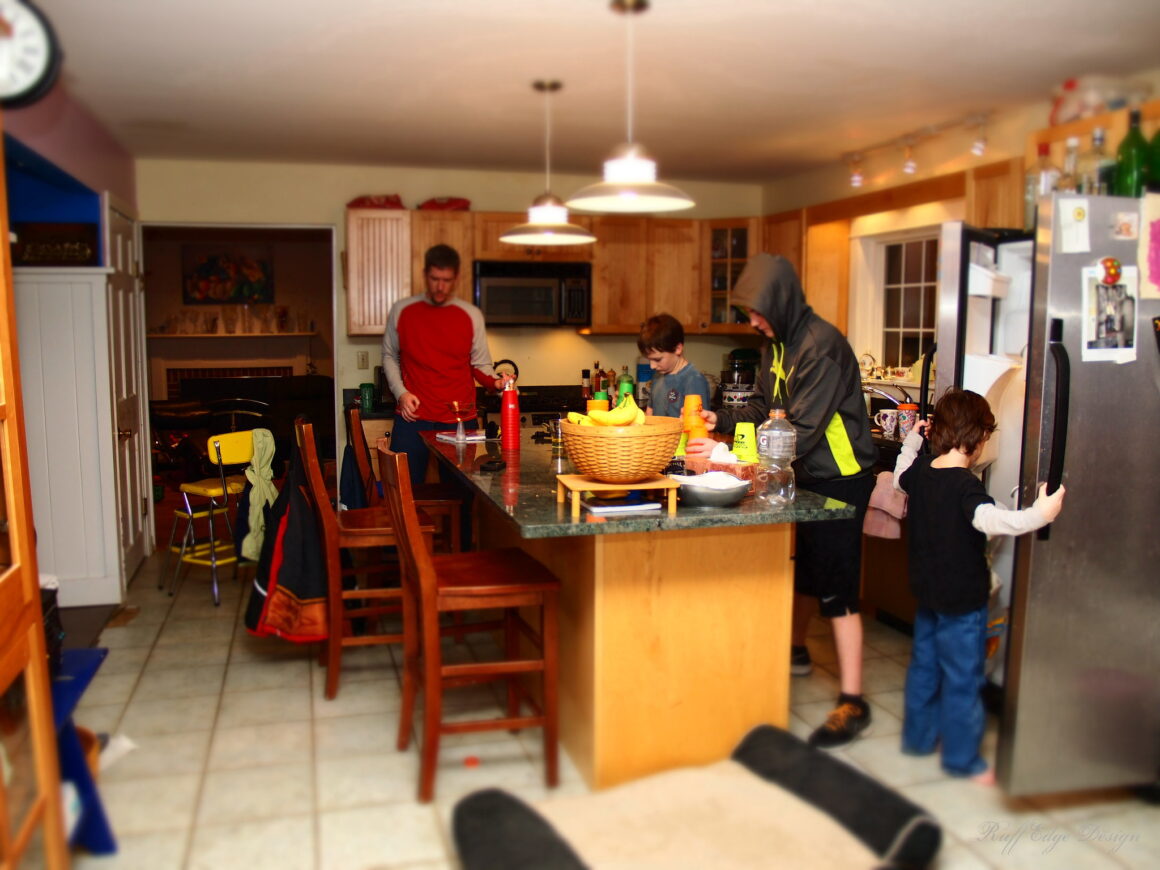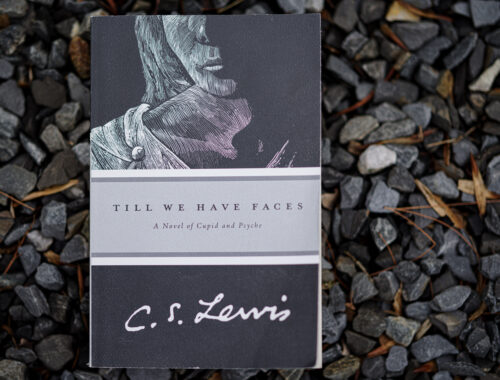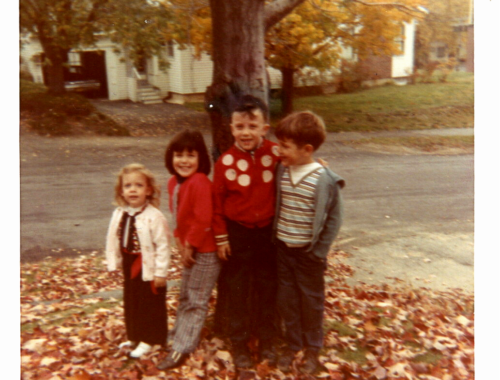
Before the Lips Go Still
I don’t know how or when it happened, but at some point in life, I began to let myself have my own opinions. I reached a point at which I became okay with not liking something I was told I was supposed to like.
Oh— but I’m not talking about food. That’s a definite exception. If my mother were alive, she’d tell you that I could never be cajoled into eating something I had—for one reason or another—decided was not for me. They fooled me with cheese pizza, though. When I was little, I had no idea that the yellowish stuff on the plain pizzas we got once in a while from Hillside Market was cheese. Thank goodness no one told me, or I would have missed out on something delicious. It took me until college to determine that cheese ravioli might be worth a go, and when I took a bite, I was kicking myself for missing out on all the homemade ravioli my mother had cooked up over the years, serving me just plain pasta that she cut into squares, instead. She called them “tacunes.”
So, not food. Books and people: that’s what I’m talking about now. If I were supposed to like a story or a person, I generally obliged. Let’s just say that trusting my gut seemed to be discouraged in some subtle way or another, but in third grade, I dared dislike a book and let my teacher know. I can still feel the sting in the corner of my eyes when I think about how Mr. Burnell yelled at me. He had been reading Bambi to the class, day after day, for a week or more, and when he came to the end, he asked, “What did you think?” I raised my hand, waited to be called on, and said, “I didn’t like it. It was boring.” That was obviously not the answer he had been looking for, and whether or not he asked me to elaborate first, he ended up in a tirade about being ungrateful or something.
Perhaps I shouldn’t have let it get to me. After all, the man was prone to outbursts. Instead of slim sticks of chalk like the other teachers used, Mr. Burnell preferred fat ones (sidewalk chalk), and when one of us got an answer wrong, he’d often huck a piece of chalk at our heads. I don’t think he often connected. Was he deficient in eye-hand coordination or did he miss on purpose? Either way, I sort of wish he had hit one of us hard enough to leave a mark. Then, maybe, he would have gotten what he probably deserved.
I wonder now if he was one of those people I should not have liked but obligingly did. He once asked me to sing something and then told me I couldn’t carry a tune if it were in a paper bag, thereby saddling me with lifelong self-consciousness about my voice. What a guy, huh? Can you even imagine what life for children might be like if we adults ever stopped to think, “How would I feel if someone said this to me?” before opening our mouths and shaming a child?
I’m better now about being honest with myself and others. I like books that speak to me in some way, even if someone else thinks they’re not worth my time. It’s my time. Why should you care? Unfortunately, I wasn’t always like that with my kids, and it took its toll.
Recently I’ve begun reading poetry and memoirs that my professors at college never would have glanced at, and I’m finding gems that I would not have dug up if I had stuck to the script. I’ve already shared a poem (about the motorcycle) by William Stafford, but now I’m reading Early Morning: Remembering my Father William Stafford by Kim Stafford. The elder Stafford was born in Kansas in 1914, spent World War II in a camp for conscientious objectors, and taught writing and literature at Lewis and Clark College in Oregon. He published something like 50 books of poetry, stories, and essays and traveled the country and the world teaching at writing workshops and giving poetry readings. He and his wife, Dorothy, had four kids: two boys (Brett and Kim) and two girls (Barbara and Kit). The couple was married for decades, and 1993, the husband dropped dead in the kitchen, where he had been helping his wife clean up the lime pie filling that had gotten flung about when the blender exploded.
Early Morning is as much about Kim as it is about his father, and William sounds like a good guy: a loving, gentle man who is non-violent in every way.
But.
I read about the wishy-washy answers he gave his children when they needed him, the way his wife had to be stern because he wouldn’t, and I imagine (actually not hard to do) how difficult it must have been for Dorothy to raise four small children mostly alone because her husband told her unequivocally that he would travel anywhere anytime someone asked him to. Most of all, I think about something she told Kim after his father died:
When we were living in Elgin at the beginning, and having a hard time, I left. I was pregnant [with their first child, Brett] and feeling bad. For some reason Bill couldn’t help me, couldn’t care for me, be kind. I went back to California to be with my mother. We were so poor, and things were tough. I just didn’t know if I could live the kind of life we had. Bill wrote me a letter saying it was cold in Illinois and would be cold; he was poor, and probably always would be poor. He said he didn’t want to live with a baby. He said I should decide. I got on a train for Elgin.”
I can’t get past that “He said he didn’t want to live with a baby,” and I wonder if somebody else couldn’t get past it. Brett grew up, got married, had two kids, and then, at age 40, went to his sister’s empty house, found her boyfriend’s gun, and shot himself.
Kim writes that after his brother death, his father retreated.
By his lead, we rarely spoke directly about what had happened. I wonder now at a family that lets this happen: we suffer a tragedy that showd us there is great need for more talk, clarity, and honesty about hard things. Might more talk have saved Brett—even awkward, difficult talk? Even with that question hanging in the air, we maintained a continuing habit of silence, all the same.
I have known too many families like this, and it’s a big deal. Stafford may have been a wonderful man in the eyes of his students, his readers, his friends, and his surviving son, but not in mine. After Bret’s death (when it was too late), though, his father wrote a lovely poem for him (“A Memorial: Son Bret”):
In the way you went you were important.
I do not know what you found.
In the pattern of my life you stand
where you stood always, in the center,
a hero, a puzzle, a man.What you might have told me
I will never know—the lips went still,
the body cold. I am afraid
in the circling stars, in the dark,
and even at noon in the light.When I run what am I running from?
You turned once to tell me something,
but then you glimpsed a shadow on my face
and maybe thought, Why tell what hurts?
You carried it, my boy, so brave, so far.Now we have all the days, and the sun
goes by the same; there is a faint
wandering trail I find sometimes, off
through grass and sage. I stop
and listen: only summer again—remember?—The bees, the wind.
Why tell what hurts? Because you need to. And the person you choose to tell it to needs to listen without judgment, without advice, without opinions. The person you tell it to needs to put aside his own ego and his own fears. He needs to take off the armor (of propriety, parenting “norms,” religion, social opinion, shame, and awkwardness), because love doesn’t permeate that stuff.




